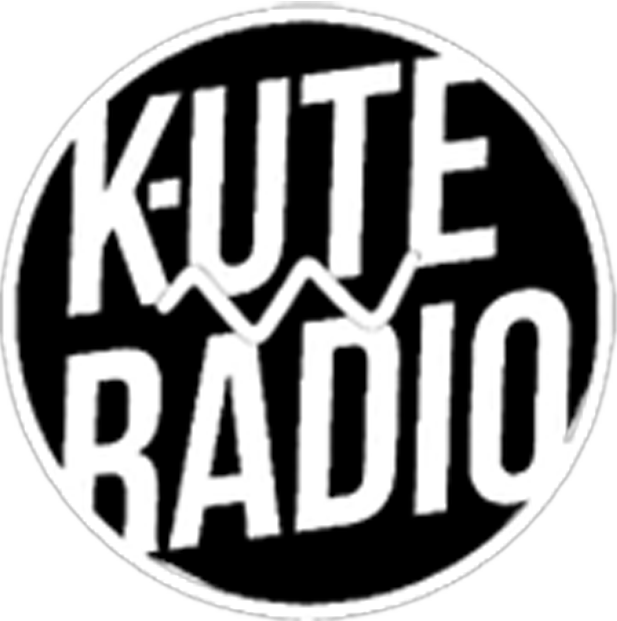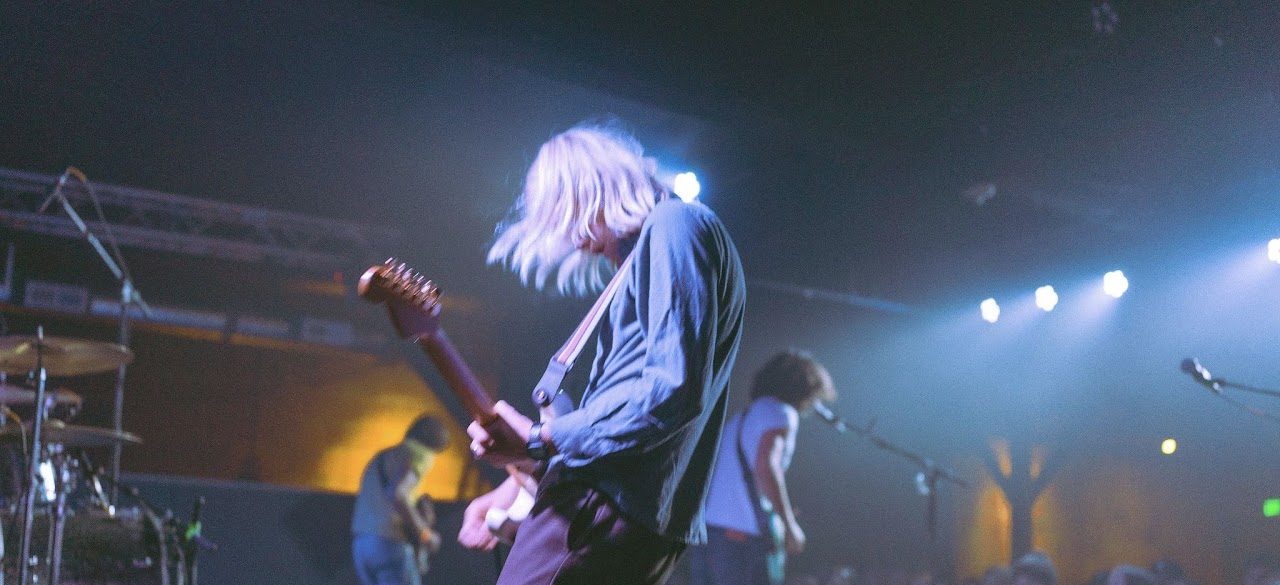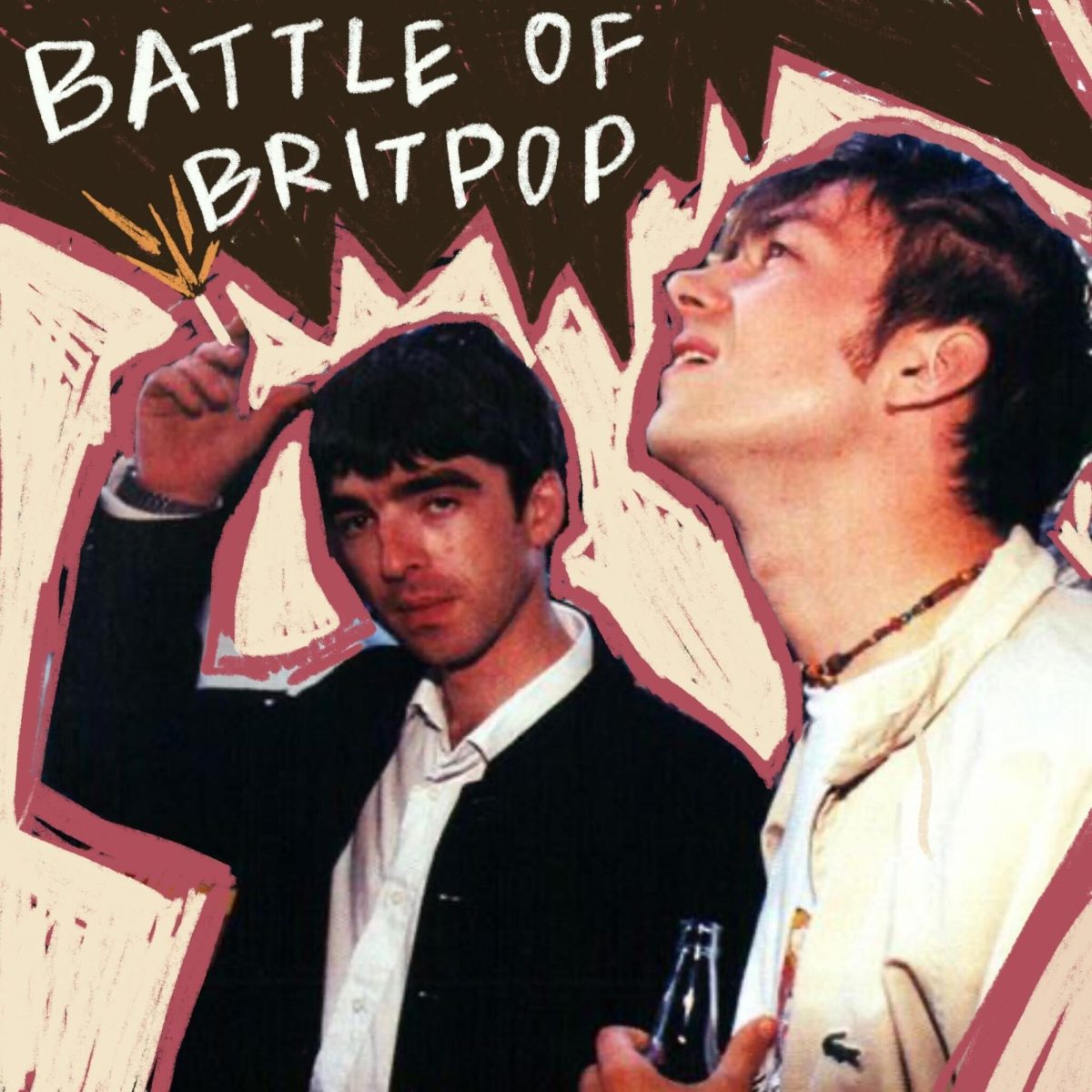August 1995. Two British bands—Blur and Oasis—were locked in a generational chart battle.
Britpop was a movement attempting to bring British alternative music into the mainstream during the 1990s. The big four of the scene were Pulp, Suede, Blur and Oasis. The latter two are still the most popular names today.
In 1995, Britpop would hit its peak, as Blur had moved the release date of their single “Country House” to be the same day as Oasis’s “Roll With It.” This decision would lead to one of the most prevalent chart battles in Britain.
Before the battle
The media showed a rivalry between Blur and Oasis at the time. While Blur tried to be respectful toward them, their front man, Damon Albarn described Oasis as “the bullies I had to put up with in school.” The spark leading to the chart battle came during the celebration of Oasis’s chart-topping single “Some Might Say,” which really fueled the flames.
During the celebration, Albarn went to congratulate the band when Oasis front man, Liam Gallagher went right to his face and bragged about how they were “Number f—ing one.” It was in that moment when Albarn thought, “Ok, we’ll see.”
The chart showdown
After the confrontation, Blur announced that their next single, “Country House,” would be released on Aug. 14, 1995. This would be the same day as Oasis’s single “Roll With It.” Media coverage of the decision was fueled by British magazine NME and was later picked up by more mainstream outlets like the BBC. This “Battle of Britpop” was seen as representative of a rivalry between the Northern and Southern parts of England, with Oasis representing the working-class North and Blur representing the more privileged, middle-class South.
Many believed that Oasis would take the title home. But the very next week after both records’ release, it turned out that Blur’s single would chart at No. 1 while Oasis would be No. 2. Blur bassist Alex James said, “Blur won the battle, Oasis won the war, then Blur went on to win the whole campaign.”
Aftermath and legacy
Years after the battle in 2009, Blur guitarist Graham Coxon said that their win against Oasis was “a hollow, pointless victory to me,”—and in some ways, he was right.
The battle would later intensify with Blur releasing “The Great Escape” in September of that year and Oasis releasing “(What’s The Story) Morning Glory” in October (the album featuring their biggest hit “Wonderwall”). Oasis’s album would receive far more recognition, winning Best British Album at the 1996 Brit Awards. Blur would later achieve success in America with “Song 2” in 1997.
As the Britpop movement began to fade, both bands would later disband. Blur in 2003, with Oasis following suit in 2009. The members of each would work on their own projects. Three former Oasis members formed the band Beady Eye, Noel Gallagher went on to form Noel Gallagher’s High Flying Birds and Albarn continued to work with cartoonist Jamie Hewlett after creating the virtual band Gorillaz in 1998.
Both bands would later reunite. Blur reformed twice—once in 2009, and again in 2024 for Coachella—with Oasis following in 2025. And in the aftermath of their chart battle of the ’90s, Oasis would sell out stadiums worldwide during their Oasis Live ‘25 Tour. It was reported that 14 million people requested tickets for their 17 U.K. and Irish shows, demonstrating just how popular the band remains after all these years.
Albarn reflected on the rivalry in an interview with The Sun in 2025 and said, “I think we can officially say that Oasis won the battle, the war, the campaign, everything.” Even though Blur won the chart battle, Oasis’s standing in the public eye won them the Britpop war.





